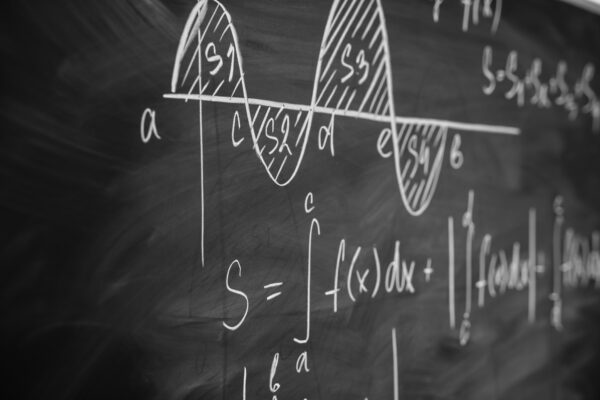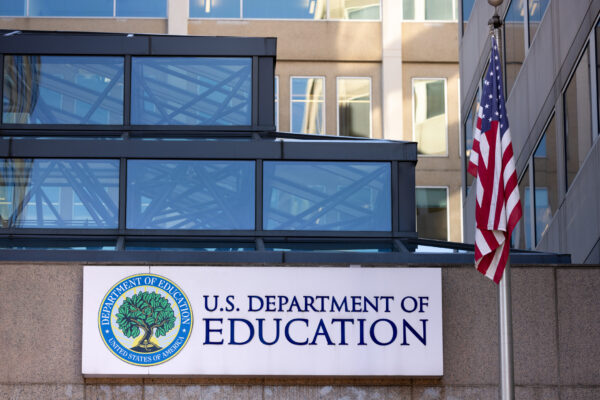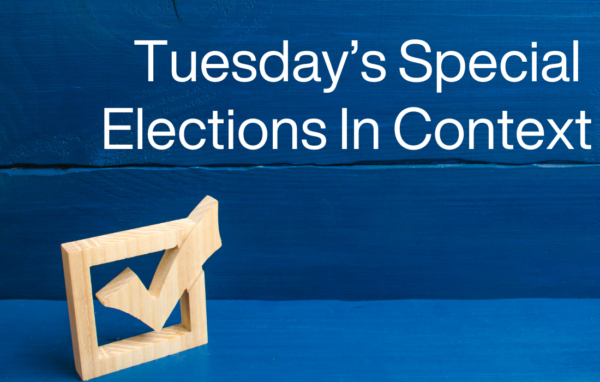Given the experience of the pandemic over the last year-and-a-half and the urgent need to confront the challenges it has brought, it can be easy to forget that the U.S.’s education system was experiencing challenges even before the pandemic. Data from the most recent Program for International Student Assessment (PISA) in 2018 showed that America was around the middle of the pack relative to all the countries taking the OECD’s math, science, and reading tests. In that context, we asked voters, was America becoming the world’s “C” student?
In the latest survey for Wining the Issues (September 4-6, 1,000 registered voters), we first presented voters with U.S.’s standing in the 2018 PISA assessments: Internationally the United States currently ranks 37th in math, 18th in science, and 13th in reading. Some 60% overall considered this to be poor or failing, with only 34% calling it excellent or good or even satisfactory. By party, Democrats (45-50), independents (28-63), and Republicans (29-68) all called this poor/failing rather than excellent, good, or satisfactory. Suburban women (24-70) and Hispanics (38-53) agreed, and while African Americans were more inclined to call this at least satisfactory (47-40), in no group, including African Americans, did the share saying excellent/good/satisfactory meet or exceed 50%.

Following up, we asked voters whether they agreed or disagreed with the statement The U.S. is becoming the world’s “C” student. Overall, seven in ten voters agreed (70-15 agree-disagree). While there were some small variations when looking at different voter subgroups, majorities nevertheless tended to agree. Republicans (74-15), Democrats (71-14) and suburban women (71-14) all had over 70% agreeing that the U.S. was becoming the world’s “C” student. Among independents (64-15), African Americans (61-19) and Hispanics (65-19), agreement exceeded 60%.

As voters see it, America’s academic performance compared to the rest of the world is well below an A. That agreement extends across the electorate, suggesting that voters of all backgrounds are dissatisfied with the outcomes of U.S. students, and may be open to many different solutions to help U.S. students succeed on the international stage.







